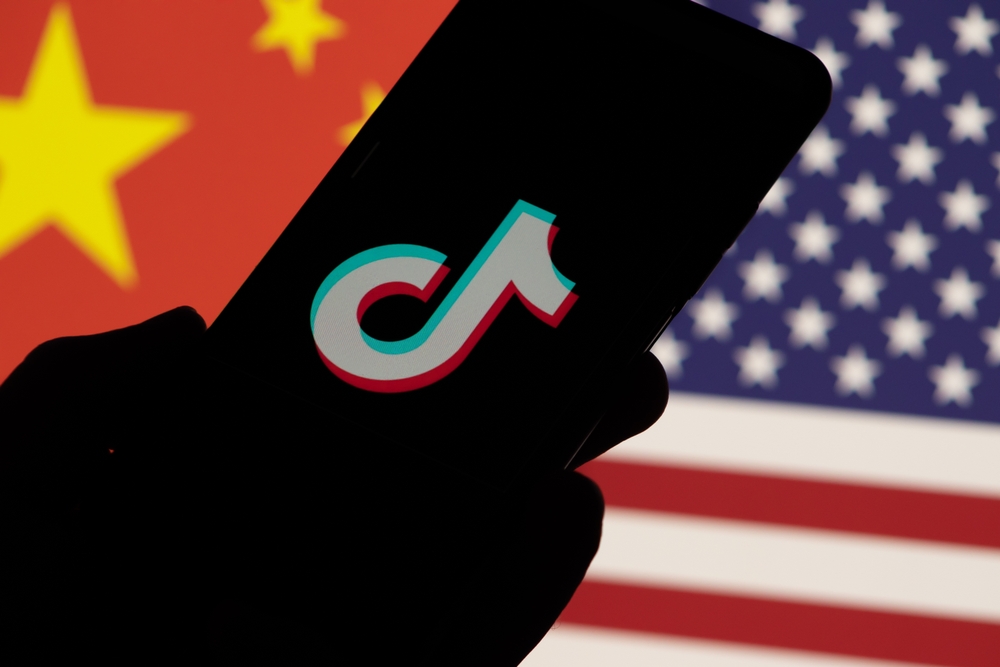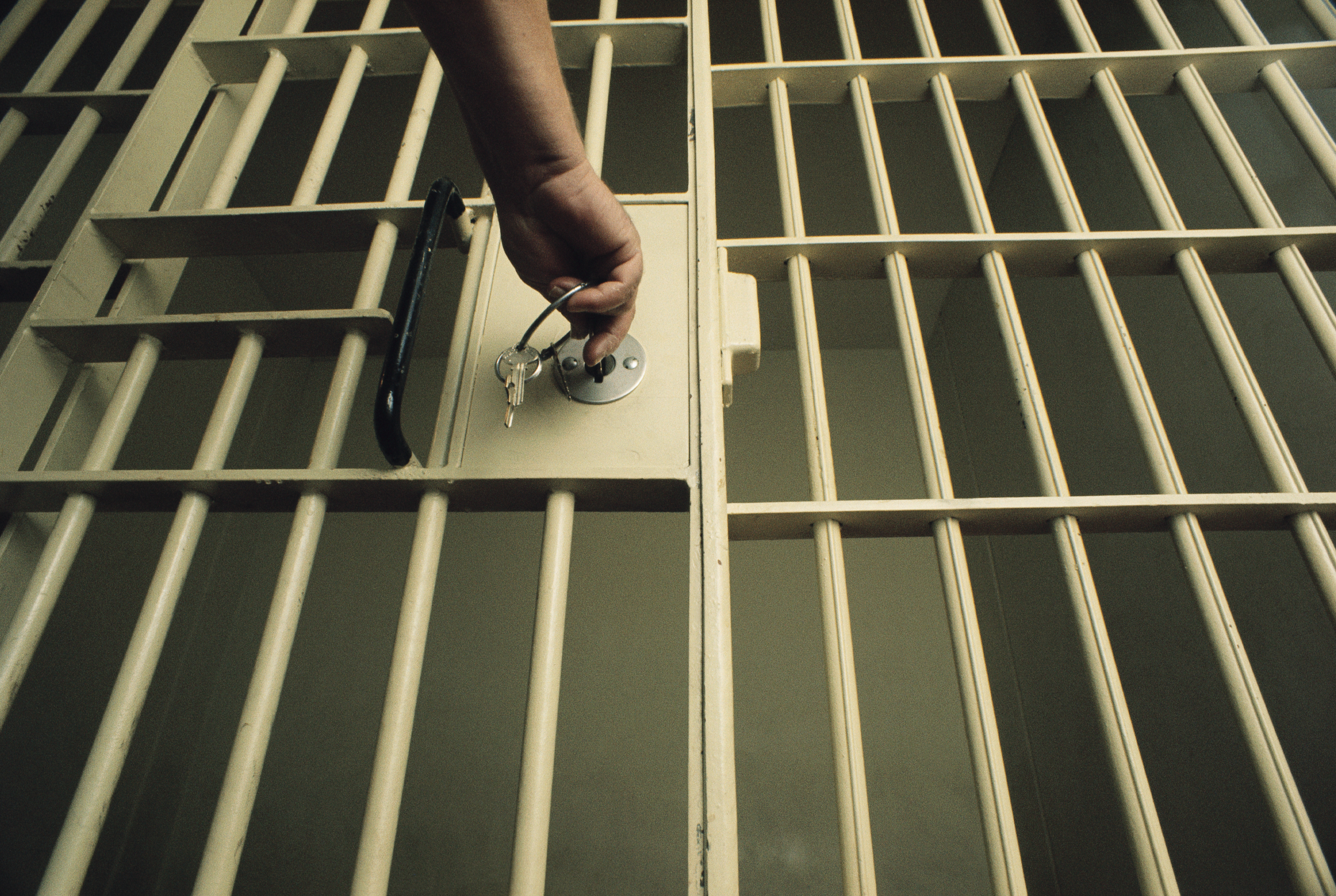Moderation, as with most things, is key.
According to Dr. Peter R. Martin, Professor of Psychiatry and Pharmacology and the Director of the Institute of Coffee Studies, Vanderbilt School of Medicine, " Newer studies actually prove coffee in moderation is good for one's health."
Caffeine consumed in moderation has been shown to lower the risk of diabetes, heart disease, Parkinson's disease, colon cancer, and cirrhosis of the liver, as well as lift your mood, treat headaches, lower risk of cavities and enhance athleticism, endurance and performance.
HealthSaver conducted an annual survey of caffeine consumption across the U.S. According to Brad Eggleston, vice president of HealthSaver, the survey is revealing, especially "with the advent of rich, high-end coffees, soaring popularity of energy drinks and national fascination with green tea.” Eggleston hopes the results will become “an important tool” in educating consumers about the health benefits and drawbacks of caffeine.
So, how does your city stack up?
The cities with the highest caffeine consumption were:
- Tampa
- Seattle
- Chicago
- New York
- Los Angeles
Think your city is more chill? The least buzzed cities were:
The survey also looked at how each city got their fix.
U.S. & World
Stories that affect your life across the U.S. and around the world.
The biggest coffee drinking city was Seattle with St. Louis as the least into coffee. When it came to cola, Houston was the biggest drinker and New York was the smallest. But New York rose to the top when it came to tea, consuming more than any other city.
Seattle’s sweet tooth was as strong as its coffee, ranking #1 in sweet consumption. Atlanta had the fewest sweet tooths, but scored the #1 slot when it came to energy drinks. The least into Red Bull was Dallas.
Across the country, 49% of all respondents said they drink caffeinated coffee every day, while cola and tea tied with a 20% percent. Sweets containing chocolate ranked fourth among caffeine products, at 13% daily consumption. About 72% of respondents said they were not addicted to caffeine.



